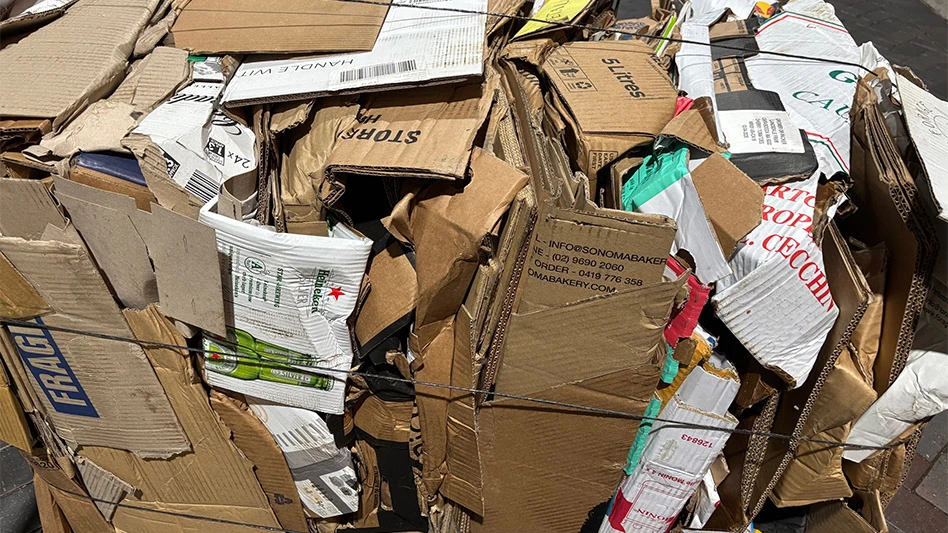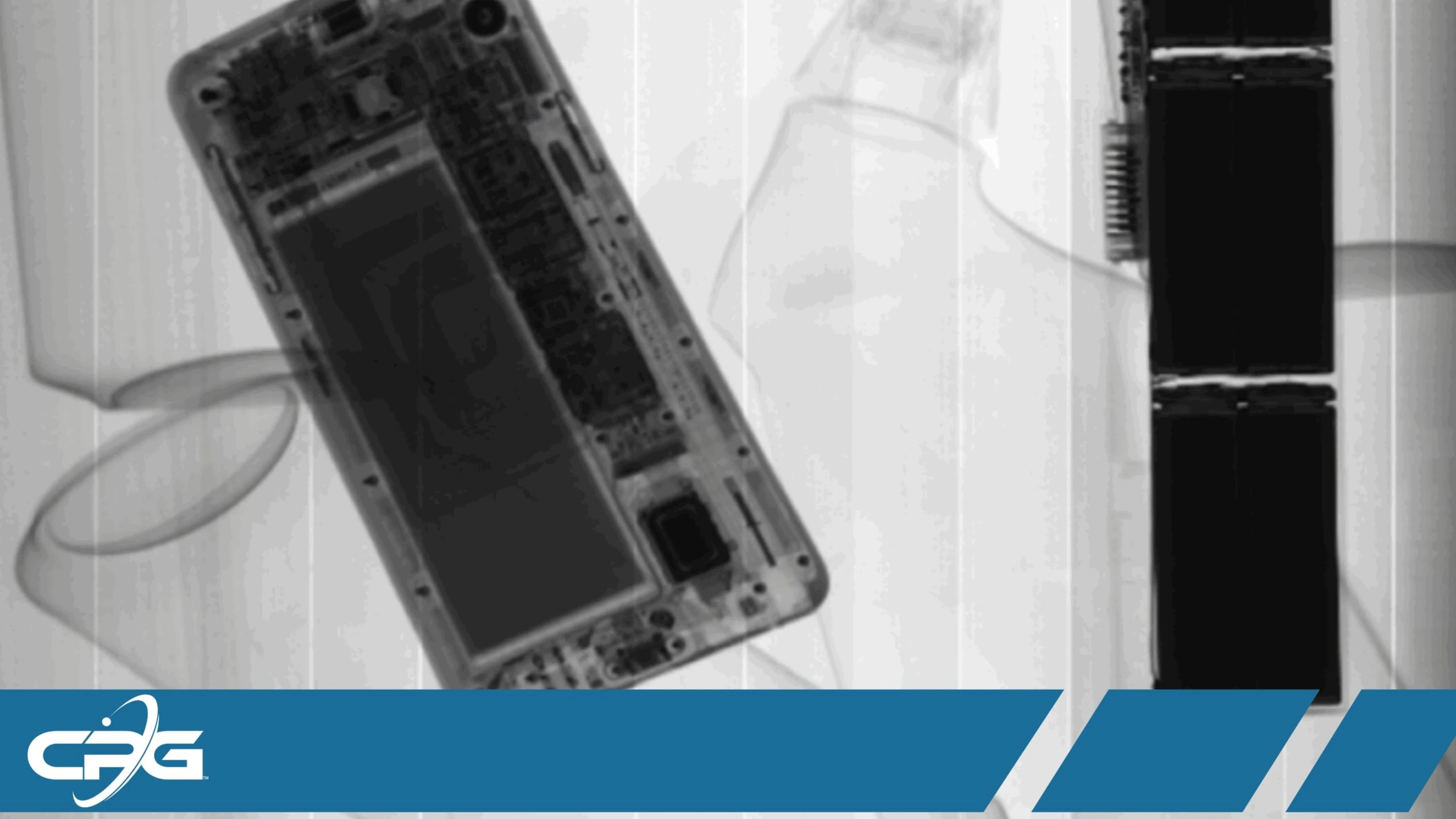The following article first appeared in Forestweb.
American Paper Corp., a company owned by former owners of the bankrupt American Tissue Inc., will soon restart shuttered operations in Memphis, Tenn., and perhaps elsewhere.
An idled110,000 tpy tissue mill is set to start up again in a few weeks. Also in Memphis, the paper machine was restarted this week at a nearby 40,000 tpy idled tissue mill in Memphis. In addition, an idled former Ponderosa Fibres of America Inc. 60,000 tpy deinked pulp mill is set to restart soon, said American Paper CFO Ron Gasper and company spokesman Kurt Goldschmidt.
In November, American Paper bought three idled former Ponderosa Fibres of America Inc. deinked pulp (DIP) mills in Memphis, Oshkosh, Wis., and Augusta, Ga., out of bankruptcy.
For the restart of the larger tissue mill, Goldschmidt said union representatives are being contacted, employees are being recalled, machinery is being started up, and more equipment is being ordered. Even before the bankruptcy, American Paper owned the mill’s building, land, and equipment, though American Tissue was operating the mill.
The mill has been shut since American Tissue declared bankruptcy Sept. 10. Under American Paper, it is being operated as American Tissue Mills of Tennessee.
The mill produces napkins, towels, bath tissue, and facial tissue for both the home and away-from-home markets. It had as many as 450 employees, and Goldschmidt said the company hopes to eventually have that many workers on the job again.
Elsewhere in Memphis.Gasper said that American Paper is also operating the smaller tissue mill, formerly owned by Shelby Tissue Inc., as American Tissue Mills of Memphis. It was not a part of the bankruptcy. For this mill, American Paper owns the land and leases the building and equipment from GE Capital of Stamford, Conn. Plainwell Inc. had previously operated the mill for GE Capital.
The third facility in American Paper’s Memphis division is the shuttered Ponderosa DIP mill, which would supply American Paper’s two Memphis tissue operations. Ponderosa had operated it as a market pulp mill, supplying the adjacent Shelby Tissue mill. The tissue mill had been shut since August, when the Ponderosa mill closed, shutting off its fiber supply.
Gasper had no comment about how American Paper would fund the startup of the Memphis operations or about various purchase matters. But he said the startup of the Global tissue mill would help generate cash in order to fund others, and that the company was "learning how to stretch a dollar really long."
American Tissue had enjoyed a city and county tax abatement program for the Memphis mills, but Gasper and Goldschmidt said American Paper expects that it will have to make a separate application for such a program.
Goldschmidt said the company will work hard to get back customers it had supplied for many years, and he said the shrinking number of private label suppliers available is an advantage. "I think the market is out there," he said.
American Paper’s headquarters are in Hauppauge, N.Y., a few miles away from American Tissue’s headquarters.
Goldschmidt said American Paper Corp. existed before the Chapter 11 bankruptcy that American Tissue filed on Sept. 10, but that it was not an operating company until after the bankruptcy was filed. After the filing, he said, Gabayzadeh and Elghanayan resigned and began operating American Paper.
(In late October, papers filed in the U.S. Bankruptcy Court in Delaware accused Gabayzadeh of scheming to "steal" American Tissue employees and property in order to solicit American Tissue customers for the benefit of nondebtor properties he owns and controls, according to The Union Leader newspaper in Manchester, N.H. The ramifications of the bankruptcy filing continue to reverberate; recently, longtime pulp and paper marketing company Perry H. Koplik & Sons attributed its American Tissue-related losses as a main reason for going out of business.)
Operations elsewhere. According to Gasper, in addition to the Memphis operations, American Paper will operate assets owned by its affiliates American Pad & Paper LLC, which has about a half-dozen converting operations scattered across the country and two in Mexico; American Paper Mills of Vermont, which runs the paper mill in Gilman, Vt.; and American Tissue Paper Mills of Maine, which runs the tissue mill in Augusta, Maine. The Augusta mill has been idle.
These operations were not named in the American Tissue bankruptcy proceedings, which included some 40 affiliated companies.
American Paper also owns, through affiliate Super American Tissue Inc., the idled 125,000 tpy paper mill in Parchment, Mich.
Through another affiliate, it owns a DIP mill in Brownstown, Ind., purchased earlier this year. It is also said to be on the verge of closing the purchase of the adjacent paper mill in Brownstown. Both were part of the bankrupt Kieffer pulp and paper operation and both have been down since early this year; a Kieffer paper mill bankruptcy attorney has said the purchase price is expected to be about $2.7 million).
None of the Michigan or Indiana mills was involved in the American Tissue bankruptcy.
There are no immediate plans for starting up these mills. Gasper said the Parchment startup would depend on both financial circumstances and an improved market. American Paper officials went to Parchment a few weeks ago, he said, where they delivered the same message to city officials.
He said the Kieffer operations need modernization and that the company might not start up the paper mill, which he said could be a candidate for resale. He noted that financing and purchase plans for the paper mill were underway before the American Tissue bankruptcy filing.
He said the pulp mill is being winterized, but that any startup of it would depend on whether American Paper needs the fiber.
Gasper noted that the Ponderosa purchase, including financing, had been underway since early summer, before formally closing in mid-November, two months after the American Tissue bankruptcy.
Since then, initial plans have changed, and there are no immediate plans to restart the 70,000 tpy each Georgia and Wisconsin DIP mills, he said.
"It is a pretty fluid situation, so it is difficult to be pretty definitive in these matters," he said.
By comparison, he said, the Memphis operations are being restarted because the tissue market is in better shape than flat paper, and it costs less to restart the Shelby paper machine than a facility, such as at Parchment, with four machines. Forestweb. To see more of Forestweb go to www.forestweb.com.
Latest from Recycling Today
- SMA announces board election results
- Volvo CE adds to Rudd Equipment’s territory
- Cups made with PP earn 'Widely Recyclable' designation
- Recology drivers increase San Francisco collection for Super Bowl week
- Terex, Rev Group complete merger
- Eco-Products to launch environmentally responsible packaging products in UK
- BlueScope’s new CEO affirms bid rejection
- US steel imports finish 2025 down 12 percent





